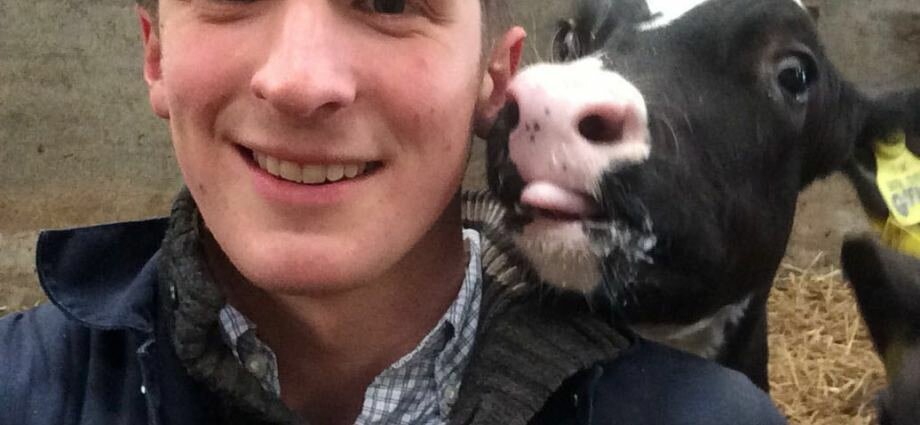Balancing Student Privacy: Navigating Monitoring Tools in Education
Student privacy and the use of monitoring equipment in academic settings are topics of developing challenge and debate. Understanding the panorama of student privacy and the role of tracking equipment is critical for college students to navigate the complexities of the digital age.
Student privacy refers back to the protection of students' non-public data and the proper to preserve positive aspects in their lives confidential. Monitoring tools embody various technologies and practices employed via educational establishments to supervise scholar activities, ensuring a secure and conducive mastering environment.
II. Pros and Cons of Student Monitoring Tools
Benefits of Monitoring Tools
-
Enhanced School Security:
Monitoring gear contributes considerably to maintaining secure college surroundings. Surveillance cameras, for instance, can deter unauthorized entry to and decorate common protection on campus.
-
Academic Performance Insights:
This equipment, which includes Edulegit, can provide treasured insights into instructional performance. Identifying patterns in students gaining knowledge can assist educators in tailoring their teaching methods for higher outcomes. Example: Edulegit Edulegit is going past traditional monitoring using reading college students' digital conduct and academic engagement. It gives exact reviews of the time college students spend on academic platforms, their participation in online discussions, and the fine of their contributions. Edulegit provides educators with actionable facts to enhance the knowledge of enjoy and perceive areas for improvement.
-
Behavioral Intervention:
Monitoring gear can resource in identifying and addressing behavioral concerns early on. This proactive approach enables well-timed intervention to aid students' well-being.
Privacy Concerns and Challenges
-
Invasive Nature of Monitoring:
One main situation revolves around the probably invasive nature of consistent surveillance. Striking stability among security features and respecting students' privacy is important.
-
Psychological Impact:
Continuous tracking might also have mental effects on students, potentially developing a surrounding of regular scrutiny. Addressing the impact on intellectual health is crucial.
-
Ethical Considerations:
The implementation of monitoring gear increases ethical questions. It is essential to discover the moral implications and make sure that those tools are used responsibly.
Striking a Balance
-
Implementing Privacy Safeguards:
Schools need to undertake strategies and technologies to safeguard student privacy. This consists of encryption, secure storage of information, and clear policies on statistics usage.
-
Transparency and Communication:
Open communication among faculties, college students, and parents is essential. Transparency approximately using monitoring equipment enables construct consideration and ensures all of us know the motives behind their implementation.
Navigating Student Privacy in the Digital Age
Student Rights and Responsibilities
-
Outlining Student Rights:
Students have the proper to privacy, and it's important to recognize these rights. This consists of safety in opposition to unwarranted searches and the confidentiality of private data.
-
Responsibilities for a Secure Digital Environment:
Students also have responsibilities to preserve a stable digital environment. This includes being privy to online sports, the usage of stable passwords, and reporting any suspicious behavior.
Parental Involvement
-
Understanding and Addressing Privacy Concerns:
Parents play a tremendous position in knowledge and addressing privacy issues. Collaborative efforts between mother and father and educational establishments can result in more knowledgeable choices.
-
Advocating for Collaborative Efforts:
Parents can suggest the status quo of clear guidelines and pointers regarding using monitoring equipment. Their involvement ensures that decisions align with the excellent hobbies of college students.
In the end, the use of monitoring equipment in instructional settings calls for delicate stability among security features and respecting scholar privacy. Striking this balance is essential for developing secure studying surroundings at the same time as upholding the rights and well-being of college students. It is a collective effort concerning schools, college students, and dads and moms to navigate the complexities of student privacy within the digital age.

